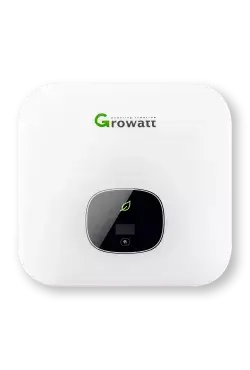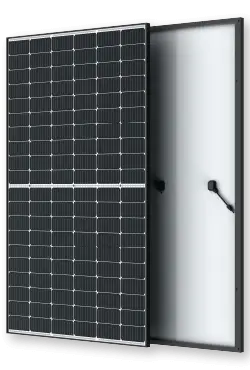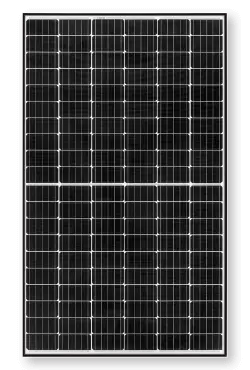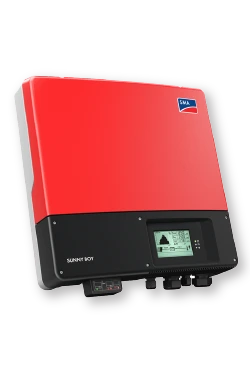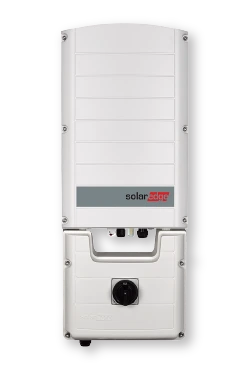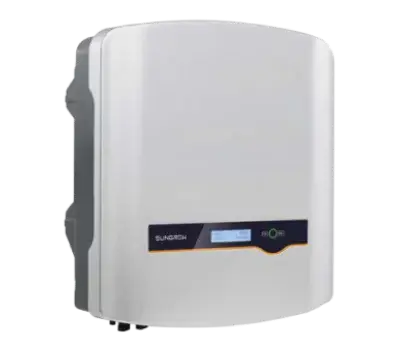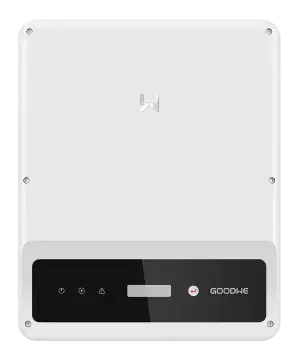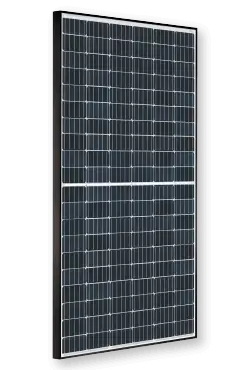- Solar panel systems offer numerous benefits, including
- Cost savings on electricity bills
- Reduction of reliance on non-renewable energy sources
- Contribution to a cleaner environment with lower greenhouse gas emissions
- Potential government incentives such as rebates and feed-in tariffs
Be Safe, Queensland - We Are Always Here to Support You!
A Comprehensive Guide to Understanding Solar Panel Systems in Australia

13 Feb, 2024.

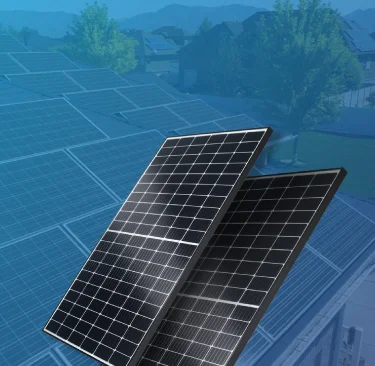
In the sun-drenched land down under, harnessing the power of solar energy has become more than just a trend; it's a sustainable solution embraced by homeowners and businesses alike. Australia, with its abundant sunlight and a growing consciousness towards renewable energy, has seen a surge in the adoption of solar panel systems. If you're considering joining the solar revolution, this comprehensive guide will walk you through everything you need to know about solar panel systems in Australia.
Understanding Solar Panel Systems
How Solar Panels Work
Solar panels, also known as photovoltaic (PV) panels, convert sunlight into electricity through the photovoltaic effect. When sunlight hits the solar cells within the panels, it generates direct current (DC) electricity. An inverter then converts this DC electricity into alternating current (AC), which is usable in homes and businesses.
Components of a Solar Panel System
- Solar Panels : Made up of individual solar cells, panels capture sunlight and generate electricity.
- Inverter : Converts DC electricity from the panels into AC electricity for use in your home.
- Racking and Mounting : Supports that hold the solar panels in place, typically installed on rooftops.
- Monitoring System : Allows you to track the performance of your solar panel system and energy production.
Types of Solar Panel Systems
- Grid-Connected Systems : Most common in Australia, these systems are connected to the electricity grid, allowing you to sell excess energy back to the grid.
- Off-Grid Systems : Ideal for remote locations without access to the electricity grid, these systems store excess energy in batteries for use when sunlight is not available.
- Hybrid Systems : Combine elements of both grid-connected and off-grid systems, offering flexibility and backup power during outages.
Benefits of Solar Panel Systems
1. Renewable Energy Source : Solar energy is abundant and inexhaustible, making it a sustainable alternative to fossil fuels. By harnessing solar power, you reduce your reliance on non-renewable energy sources and contribute to a cleaner environment.
2. Cost Savings : Investing in solar panels can lead to significant long-term savings on your electricity bills. With rising energy costs and government incentives such as rebates and feed-in tariffs, solar power can provide a strong return on investment over time.
3. Environmental Impact : Solar energy production produces no greenhouse gas emissions or air pollutants, helping to mitigate climate change and reduce your carbon footprint. By choosing solar power, you're making a positive impact on the planet for future generations.
Considerations Before Going Solar
1. Site Suitability : Evaluate factors such as the orientation and tilt of your roof, shading from nearby trees or buildings, and local climate conditions to determine the suitability of your property for solar panels.
2. Financial Considerations : Calculate the upfront costs of purchasing and installing a solar panel system, as well as potential savings on electricity bills and available government incentives. Consider financing options such as loans or solar leasing agreements.
3. System Size and Energy Needs : Determine the appropriate size of your solar panel system based on your household or business's energy consumption patterns. Consider factors such as peak sunlight hours, energy efficiency measures, and future growth in energy demand.
Installation and Maintenance
1. Professional Installation : Hire a reputable solar installation company with experience in designing and installing solar panel systems. Ensure they are accredited by the Clean Energy Council (CEC) and comply with relevant industry standards and regulations.
2. Regular Maintenance : Maintain optimal performance of your solar panel system by scheduling regular inspections and cleaning to remove dirt, debris, and potential shading. Monitor system performance through the monitoring system and address any issues promptly.
3. Safety Precautions : Exercise caution when working with solar panel systems, especially when accessing rooftops or handling electrical components. Follow safety guidelines provided by your installer and consult a professional for any repairs or modifications.
Frequently Asked Questions (FAQ) about Solar Panel Systems in Australia
-
1. What are the benefits of installing a solar panel system in Australia?
-
2. How do I know if my property is suitable for solar panels?Factors to consider include the orientation and tilt of your roof, shading from nearby objects, and local climate conditions. A professional solar installer can assess your property's suitability during a site visit.
-
3. What size solar panel system do I need for my home or business?The size of your solar panel system depends on factors such as your energy consumption, roof space available, and budget. A reputable solar installer can help you determine the appropriate system size based on your specific needs.
-
4. How much does a solar panel system cost in Australia?The cost of a solar panel system varies depending on factors such as system size, quality of components, and installation complexity. On average, residential solar panel systems in Australia can range from $5,000 to $15,000, before any government incentives or rebates.
-
5. What government incentives are available for solar panel installations in Australia?
- Various government incentives are available, including
- Small-scale Technology Certificates (STCs) for residential installations
- Feed-in tariffs for selling excess energy back to the grid
- State-specific rebates and grants
-
6. How long does it take to install a solar panel system?The installation time for a solar panel system can vary depending on factors such as system size, roof complexity, and weather conditions. On average, residential installations typically take one to three days to complete.
-
7. Do solar panel systems require maintenance?Solar panel systems require minimal maintenance but benefit from regular inspections and cleaning to ensure optimal performance. Cleaning the panels to remove dirt, debris, and potential shading is recommended, along with monitoring system performance for any issues.
-
8. Can I install a solar panel system myself?While it is possible to install a solar panel system yourself, it is not recommended unless you have the necessary skills and experience. Improper installation can lead to performance issues, safety hazards, and voided warranties. It's best to hire a professional solar installer accredited by the Clean Energy Council (CEC).
-
9. Will a solar panel system still work on cloudy days or at night?Solar panel systems can still generate electricity on cloudy days, although their efficiency may be reduced. At night, when sunlight is not available, solar panels do not generate electricity. However, grid-connected systems can draw electricity from the grid during these times, while off-grid systems rely on battery storage or backup generators.
-
10. How long do solar panels last?Most solar panels come with performance warranties of 25 years or more, indicating that they will still produce a certain percentage of their rated power output after that time. With proper maintenance, solar panels can continue to generate electricity for 25 years or more.
Conclusion
As Australia continues its transition towards a more sustainable energy future, solar panel systems have emerged as a key player in the renewable energy landscape. By understanding how solar panels work, the benefits they offer, and the considerations involved in installation and maintenance, you can make an informed decision about harnessing the power of the sun for your home or business. With proper planning and investment, solar energy can not only reduce your energy bills but also contribute to a cleaner and greener Australia for generations to come.

Brands We Install
Harness Renewable Energy and Reduce Carbon Footprint
Power Up
Your Savings


